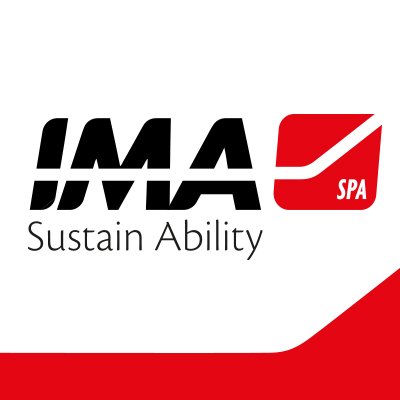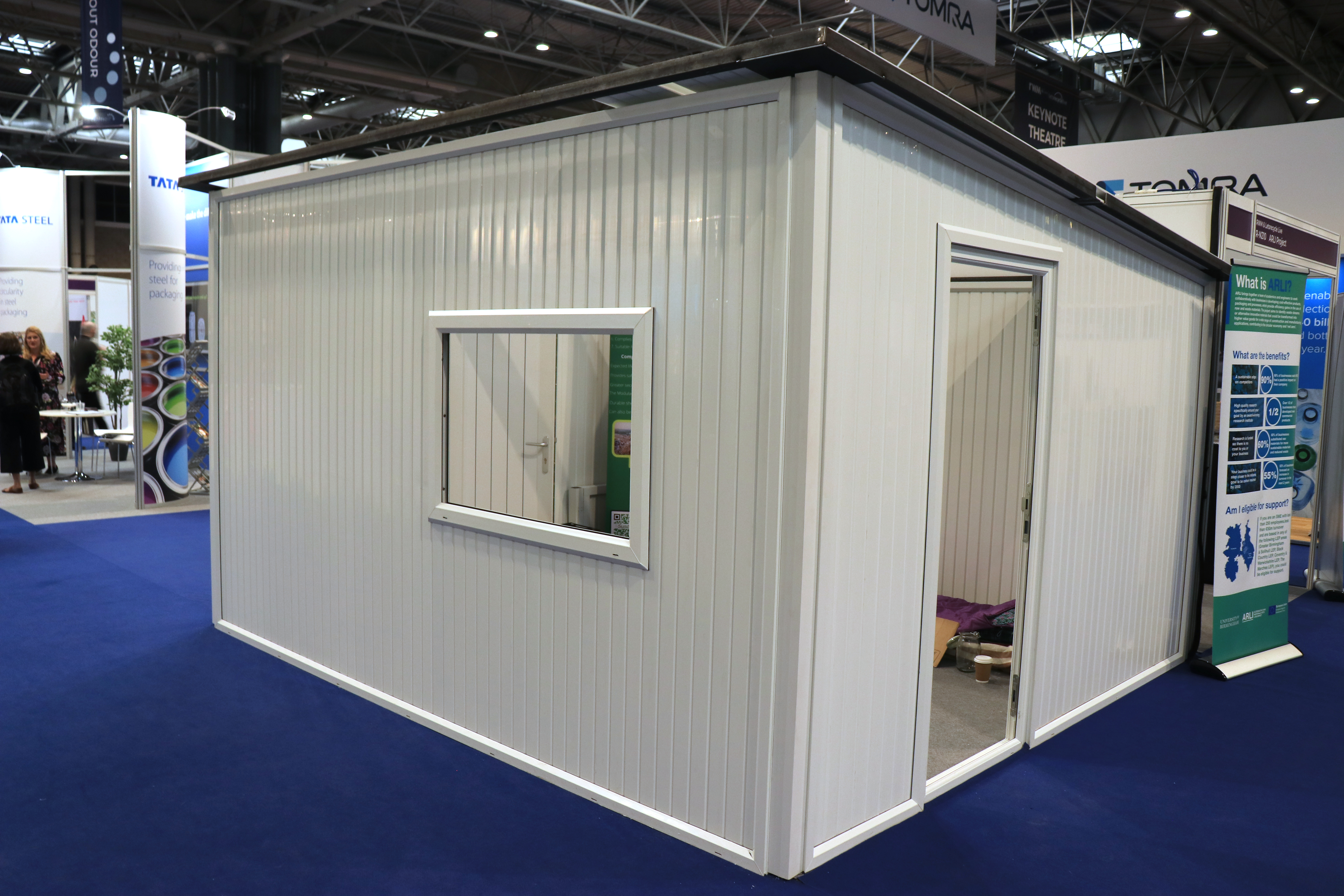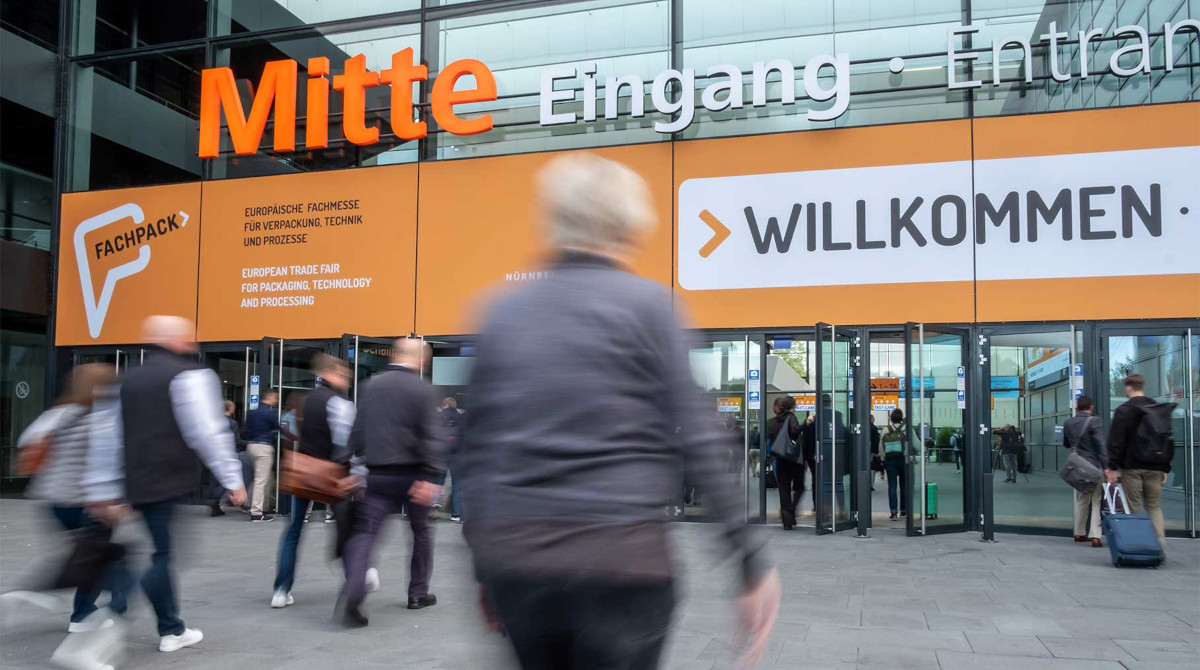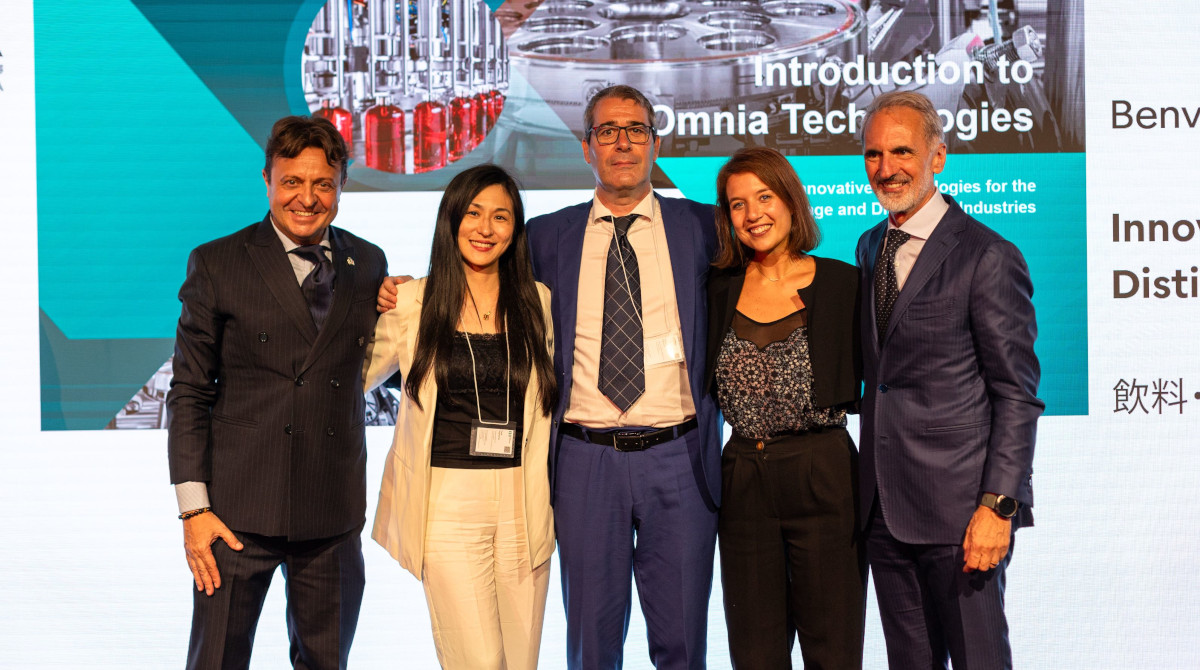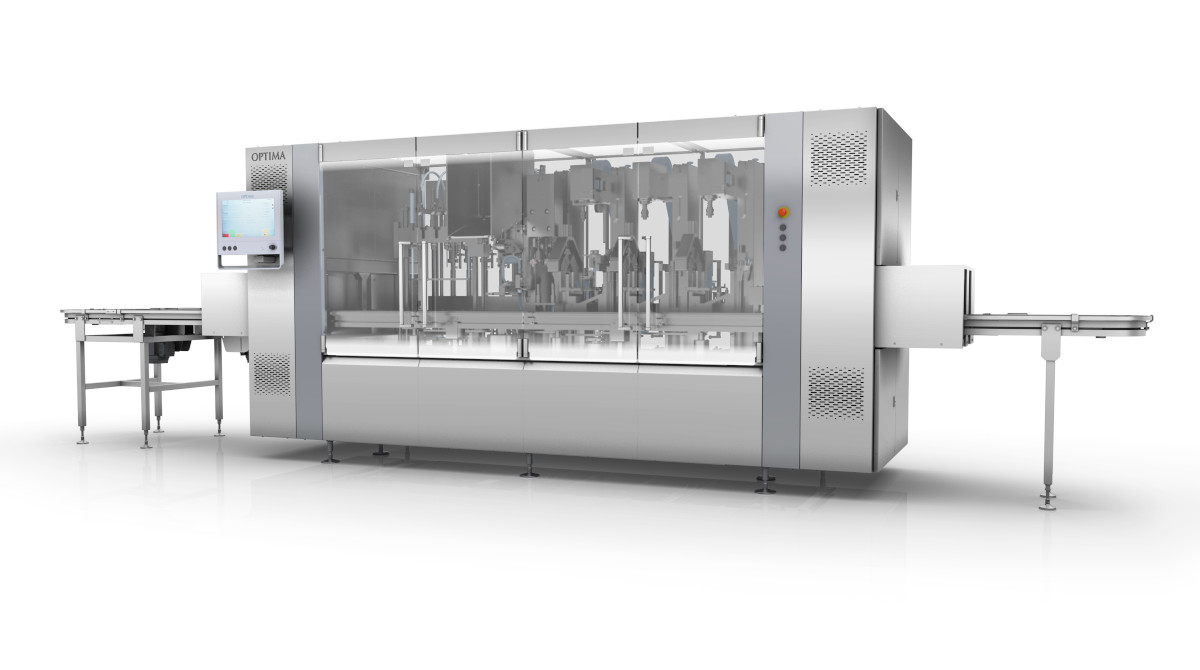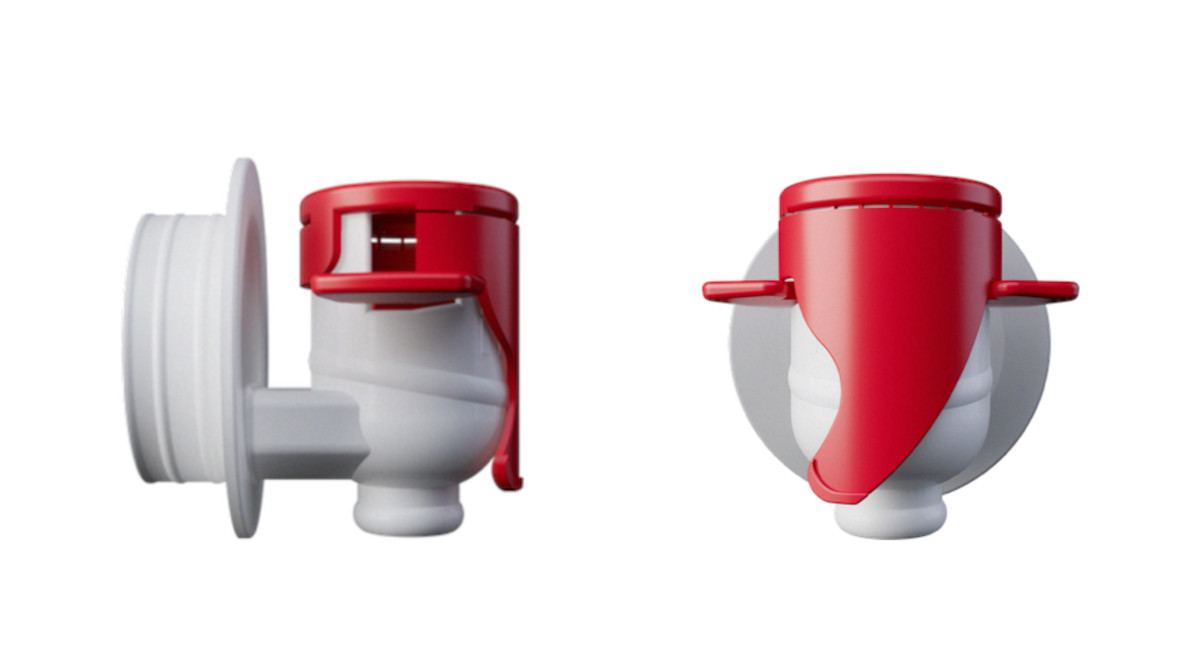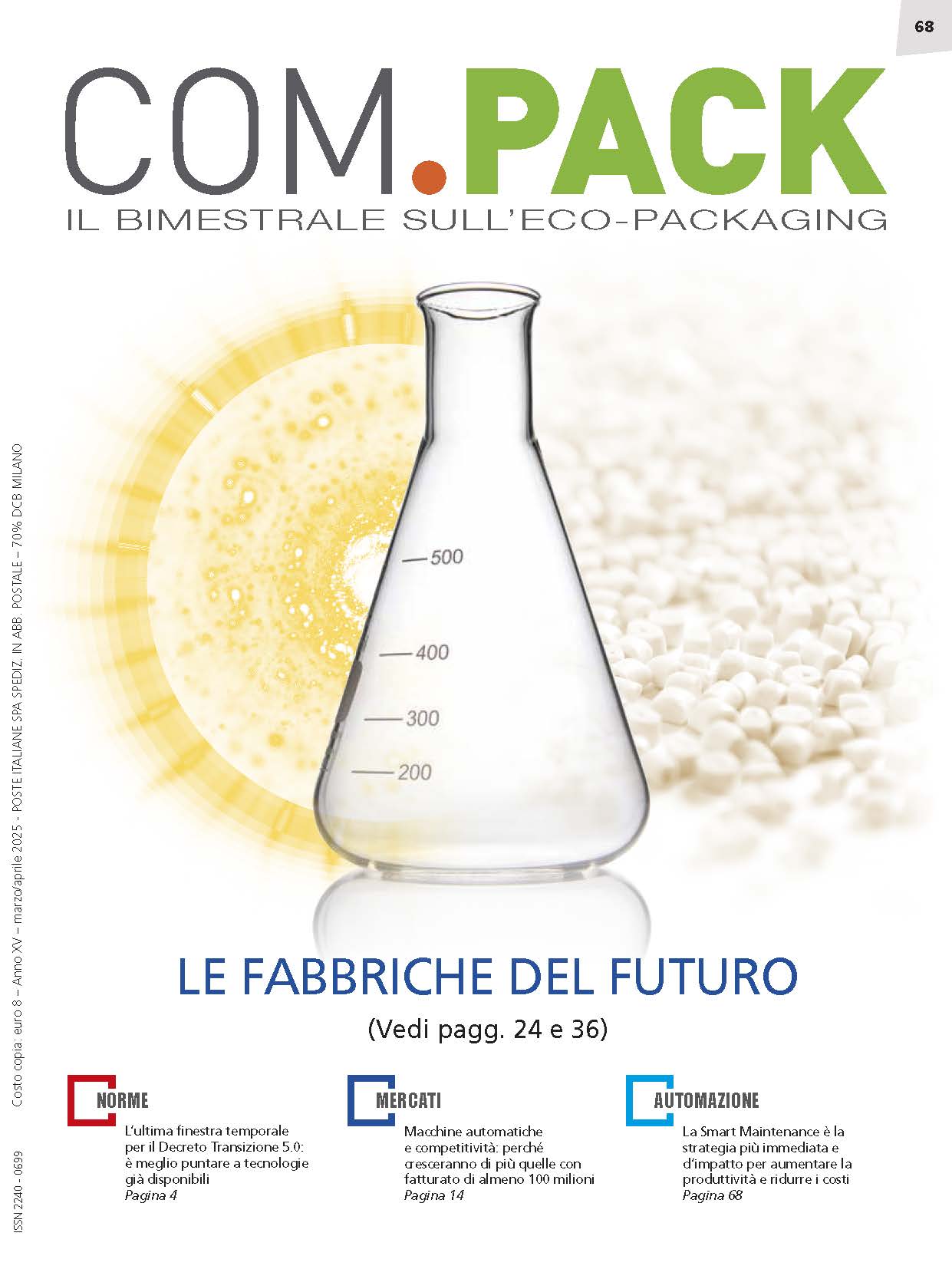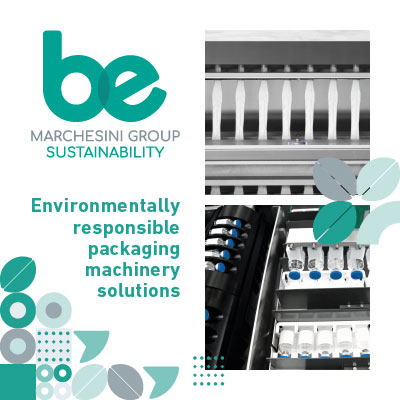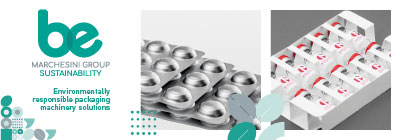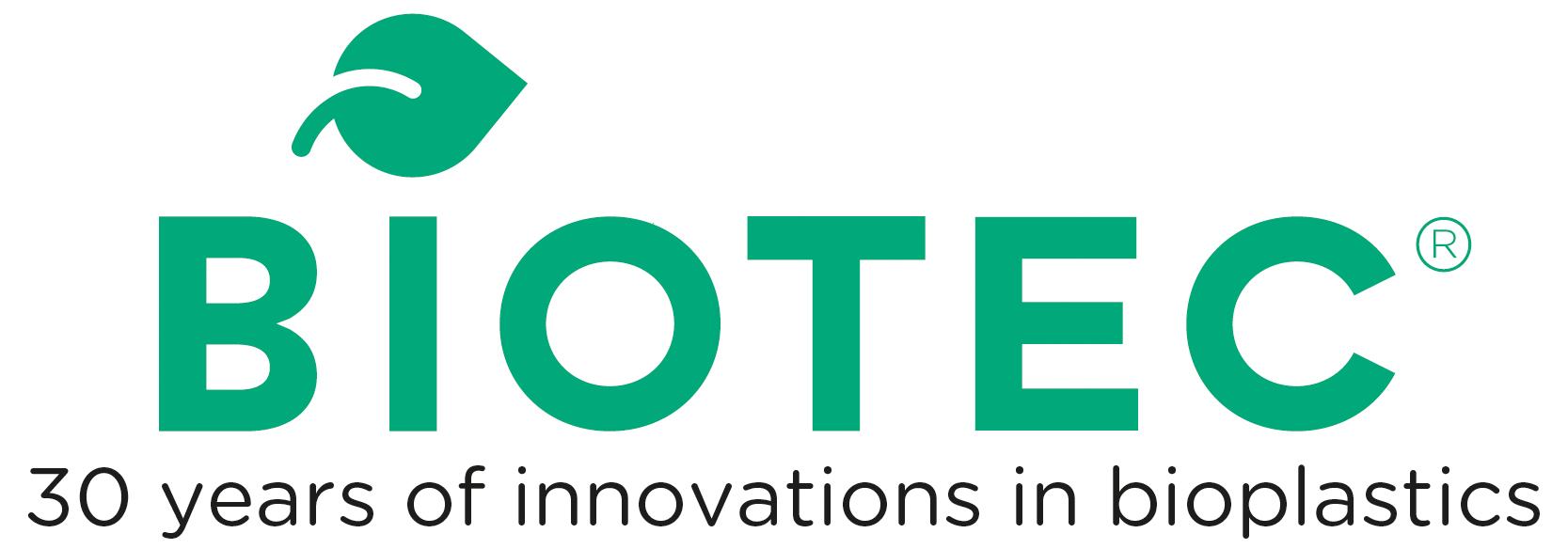University of Birmingham sustainable engineering experts in the School of Engineering have worked with Birmingham-based company Suscons over the last 18 months to develop a new type of emergency relief shelter (ERS) - the Suscons ERS Transitional Shelter. These new solutions, made from 100% recycled materials, are a good alternative to traditional ones used in disaster area: they will not only prove safer and more durable than tents but also help to reduce the plastic waste mountain. In fact, each shelter is made from 460kg of waste plastic and if the units were to replace 1% of the shelter market – estimated to be six million shelters per year - that would be 42,000 units taking over 19,000 tonnes of waste plastic out of the waste stream each year. According with all UNHCR requirements, the four-person shelter is delivered as a flat-pack in standard ISO freight containers: it can be quickly erected by unskilled labour – providing emergency shelter as well as longer-term temporary accommodation, with a minimum lifespan of 10 years continual use. Doors and windows are lockable providing much-needed security and the shelters can also be adapted to form mobile medical units.
The need for emergency relief shelters has increased by at least 5.4 million due to the conflict in Ukraine, demand remains considerable from other countries suffering conflicts such as Syria, Venezuela, Afghanistan, and South Sudan.
